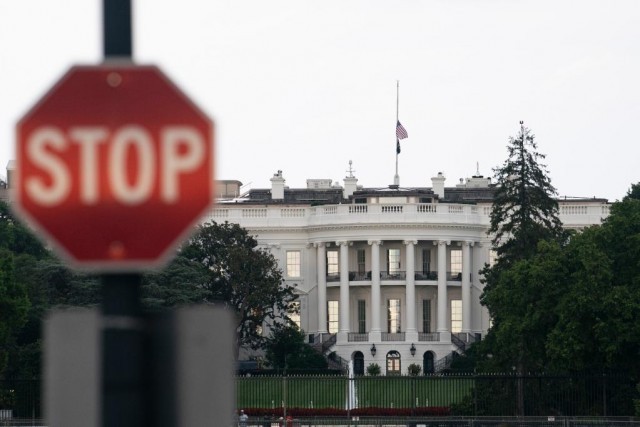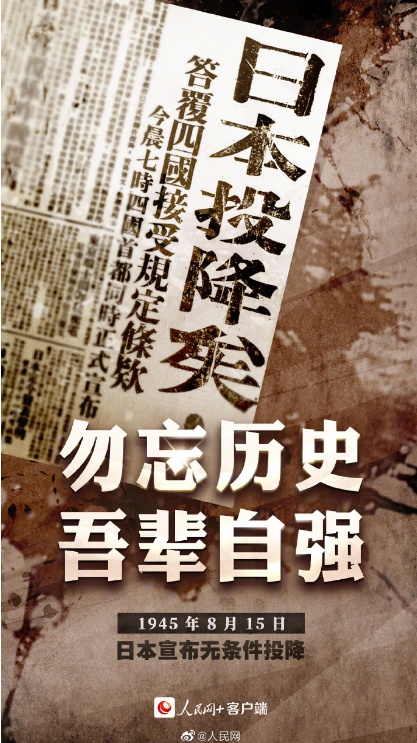Essays: "Core" method reflects American hegemony heart disease
Author:Xinhuanet Time:2022.08.13
Xinhua News Agency, Washington, August 12th: The "core" method reflects American hegemony heart disease
Xinhua News Agency reporter Xiong Maoling
The United States recently officially released the "2022 Chip and Science Act" (hereinafter referred to as the "Chip Act"), which not only wanted to promote the chip manufacturing "return" in the United States, but also attempted to suppress the development of other countries and maintain the US hegemony. The American intention and practices, the laws of market laws and the trend of globalization, will distort the global semiconductor supply chain and disturb the international trade. It is another example of the United States for economic stress.

This is the White House taken in Washington, USA on August 4. (Photo by Liu Jie, a reporter from Xinhua News Agency)
The "Chip Act" is regarded as one of the most important industrial policies introduced by the US government in recent years. According to this bill, the US government will invest funds to support US chip manufacturing and research and development. The bill also stipulates that as long as the US government subsidies are accepted, they must not expand their advanced chip production capacity in China or any other country within 10 years. Once the bill was launched, it was widely criticized. The New York Times said that the bill looks ambitious, but I am afraid it is difficult to take effect.
The market law of the "chip bill" and factor optimization configuration runs counter to the market. For decades, the US chip manufacturing industry has continuously shifted to East Asia. In the final analysis, the cost of production in the United States is too high. According to the US Semiconductor Industry Association, the construction of an advanced chip factories and maintained operations for ten years, the cost of the United States is about 30%-50%higher than that of the United States. The US government's abuse of administrative legislation to disturb market order will only lead to rising chip production costs and hurt consumers. The so -called bill of the U.S. government will bring "cheaper cars and cheaper computers" to the American people.
The "Chip Act" is engaged in economic coercion, forcing the "side -by -side station" to interfere with the stable operation of the global industrial chain supply chain. With the global wave sweeping the world, the chip industry has established a cross -regional industrial chain supply chain network globally to form a efficient pattern of mutual cooperation. However, in order to maintain its own hegemony, the United States forced the global industrial chain supply chain supply chain cutting and reorganization, and impacts the stable operation of global industries. South Korea's "Korean National Daily" published an editorial that the US demand has reached the level of infringing South Korea's economic sovereignty and seriously damaging mutual trust between the two countries. The United States "Congress" pointed out that if the United States forces for industrial transfer or decoupling, it will inevitably lead to chaos in global division of labor, exacerbate the tight chip supply, and further worsen the problems facing the United States itself.
The "chip bill" is full of cold war thinking and suppress the reality of competition in the name of competition. In recent years, the United States has repeatedly politicized technology and economic and trade issues around chip works. Chinese Foreign Ministry spokesman bluntly said that this is "typical technical terrorism." This chip industry protection policy dominated by the Cold War thinking is destined to be contrary to their wishes. Boston Consulting and other institutions estimate that if the United States adopts a "technical decourse" policy for China, US semiconductor companies will be more damaged, and it is expected that they will lose 18%of global market share and 37%of revenue and decrease from 15,000 to 4 to 4 10,000 high -skilled jobs.
The "chip bill" reflects the "heart disease" of the United States to maintain economic hegemony. The so -called "decourse" and "broken chain" violates economic laws and corporate choices, and rebels on the general development of global economic deep integration. It is just a seemingly savvy small abacus to use scientific and technological monopoly, blockade, and barriers to interfere with other countries.
- END -
Don't forget!Japanese defeat surrender 77th anniversary

On August 15, 1945, Japan announced an unconditional surrender.At this moment, the...
A mining area in Nigeria was attacked, and four Chinese citizens were abducted

Jimu Journalist Li LiliIntern Yang ShaopengAccording to the Associated Press repor...